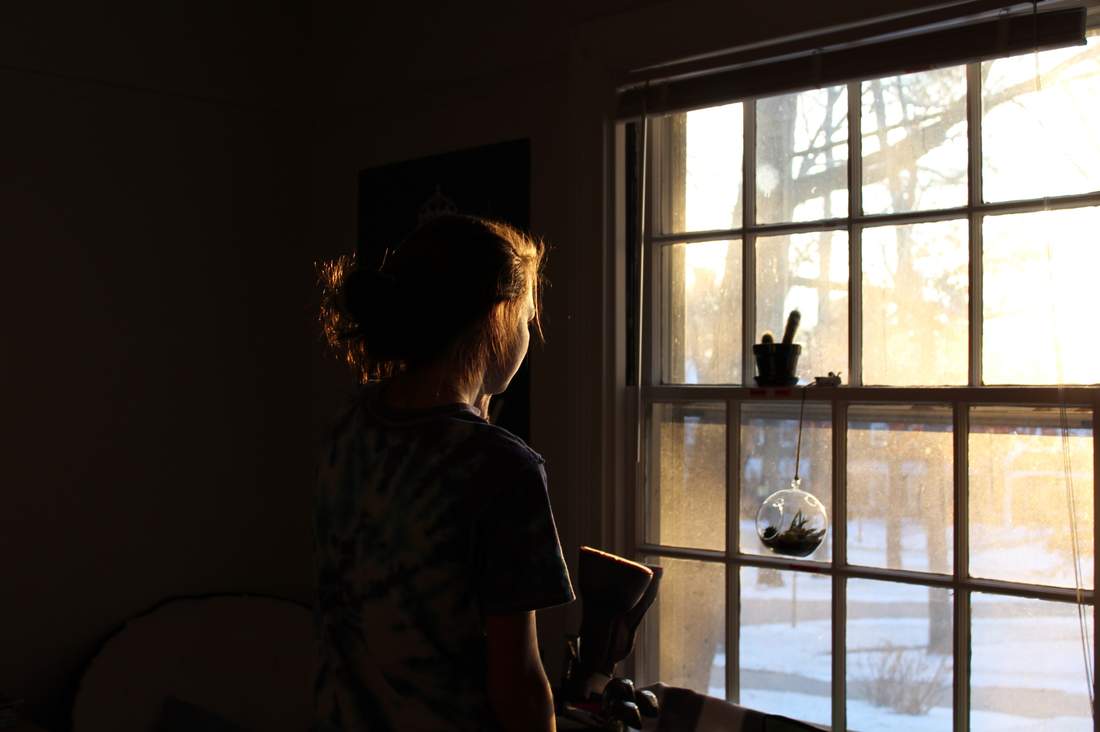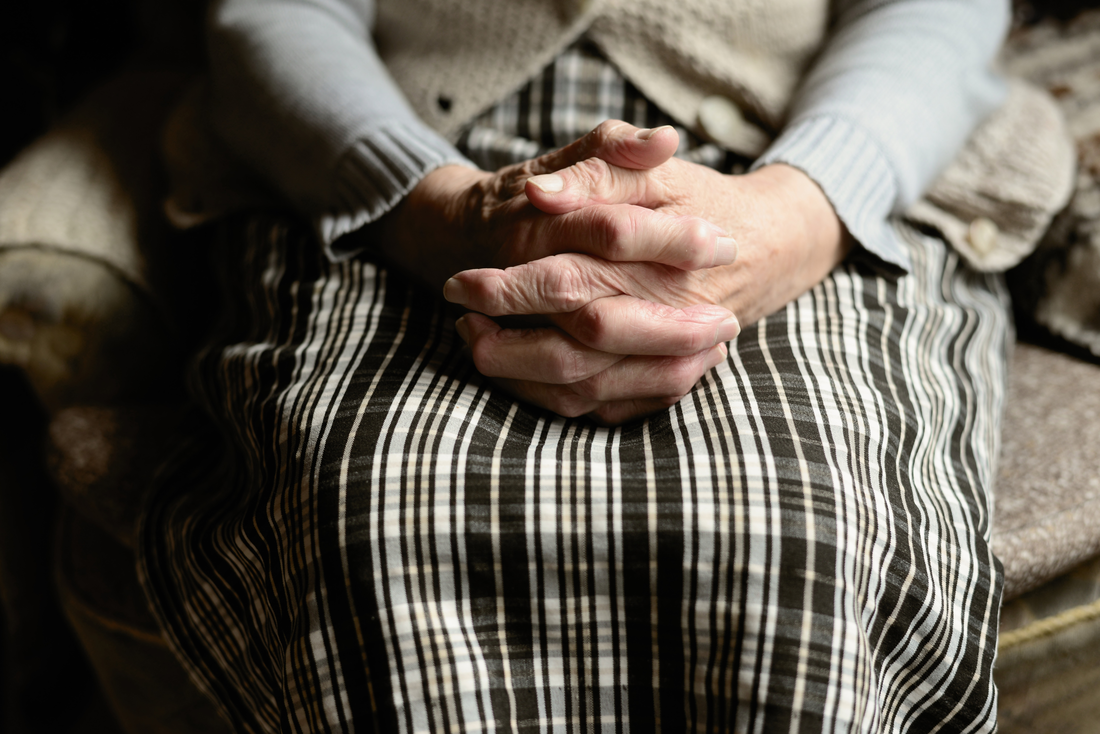 The Coronavirus pandemic has brought a sense of isolation to many. The Coronavirus pandemic has brought a sense of isolation to many.
Most of the world has been living with the Coronavirus pandemic for over a year now. For those of us who have been fortunate enough not to have gotten sick or to have gotten sick and survived, we’ve experienced partial or total shutdowns, social distancing, fear of getting sick, etc. We have been worried about our families’ health, about our children missing school or the normal social interaction that school provides. Many of us have been stressed by having our children and/or spouses at home most of the time while we try to maintain a career, run a household, and provide meals. And many have lost their jobs or suffered economic hardship. To say that it has been a difficult time for many is a major understatement.
In addition to all the stress and difficulty that the pandemic has brought for many of us, we also are unable to draw upon the usual fun activities that can serve as “distractions” that help us cope with stress, such as dining out, traveling, spending time with friends and family, going to the movies, shopping, participating in certain sports – whatever those things might be that give us added pleasure in our lives, distract us – even if only temporarily – from our problems or bring us joy.
Loneliness and isolation are being reported by many, and it is taking a toll that can rival a physical illness. In order to cope, some people might turn to other ways to “escape,” such as abuse of alcohol and drugs. To top it off, physical activity has been curtailed for many.
To sum it up, our mental and physical health are taking a hit. Losing our daily routines and outer distractions and activities and being more isolated is hard for anyone to deal with – even for those who have good coping skills or who are trained in psychology or other self-care techniques. For those without such skills or the resources to seek help, the burden can be overwhelming.
I’m sure you’ve read about the increased interest in psychotherapy that many practitioners have reported in their practices. Often the increase in patient bookings has been similar to that experienced after the September 11 terrorist attack. And in my mentoring practice, I have also seen an increase in bookings and have added a significant number of new clients to my practice. Obviously as someone who works in the self-help and self-transformation field, I believe that our mental health and growth are extremely important. But in this unique time and situation in which we find ourselves, attending to our mental health is critical.
And yet, as I mentioned above, many people do not have access to help. So in an effort to try to make help available to more people than might ordinarily be the case, I’ve been offering my mentoring sessions at half price for the first two sessions for all new clients. If you or someone you know could use a little extra help, consider taking advantage of this offer.
But if you’re unable to avail yourself of a session, here are some things that have helped me during this time of disconnectedness:
These are just some of the things that you can try to stay on top of your mental health in these trying times. If you want to explore more things you can do or if you feel you need a deeper level of guidance, please contact me to see how my mentoring work might help you. And don’t forget to take advantage of my special offer of your first two sessions at half price. In the meantime, I wish you a lot of strength in coping with the situation we find ourselves in.
All photos courtesy of Pixabay at www.pixabay.com.
0 Comments
Your comment will be posted after it is approved.
Leave a Reply. |
AuthorKrysti Brice, BHS® Practitioner, is a personal mentor, author and energy healer serving an international client base. Archives
February 2021
Categories
All
|




 RSS Feed
RSS Feed